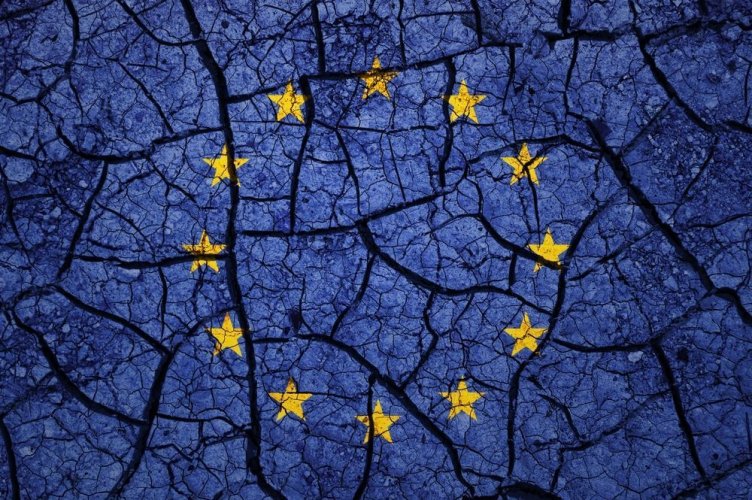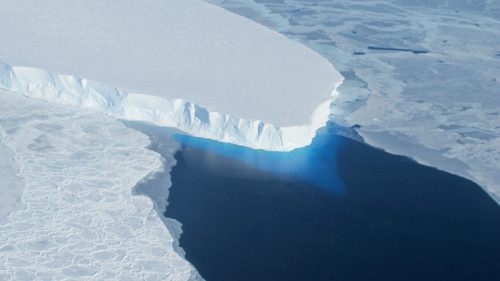Global warming poses an existential threat to the existence of the European Union.
This is stated in a report by the German Federal Intelligence Service (BND) in cooperation with researchers and the Ministry of Foreign Affairs.
Its authors assessed the threats climate change poses to German and European security over the next 15 years. Here are the main points they warn about:
- The destabilizing effects of climate change will lead to increased migration and food prices. This threatens economic and political turmoil in Europe.
- The uneven impact of rising temperatures in the EU, with southern countries suffering more than others, could lead to a split in the bloc.
“Southern EU member states, in particular, will not only suffer severe economic losses due to climate impacts, but will also feel the effects of political instability in their immediate vicinity,” the report says.
- Tensions caused by uneven burden sharing among the bloc's countries could weaken cohesion within the EU, as well as its ability to act and its future viability.
- The greatest direct threat to European security comes from the increasing number of disasters and extreme heat in Europe. As global temperatures rise, so does the frequency, severity and intensity of extreme rainfall, causing flooding, deadly heat waves, crop-destroying droughts, and conditions that facilitate the easy spread of wildfires.
- Climate-related disasters not only pose a growing threat to European lives, but also cause significant recovery costs and economic losses. The report notes that this will reduce the potential for investment in national and European resilience and security.
“Green” policies will cause tensions as carbon prices – the backbone of the EU's climate efforts – disproportionately affect poorer households.
“In Germany and Europe, the costs of decarbonization and their (perceived) unfair distribution ... create space for populism, right-wing and left-wing extremism, and disinformation campaigns,” the authors warn, calling on European governments to ensure that climate efforts are ”socially responsible.”
BND Chairman Bruno Kahl called climate change one of the top 5 threats facing Germany, along with Russian aggression, China's geopolitical ambitions, cyber threats, and international terrorism.
According to German Foreign Minister Annalena Burbock, the climate crisis is “the greatest security challenge of our time.”
A grim future
The authors of the report recognize that despite the risks to European unity, the continent is better prepared to overcome the negative consequences than poorer countries in other regions. But shocks in other countries will have a ripple effect on European security.
Crop failures and droughts, as well as other natural disasters that destroy crops, will lead to more and more people in the world going hungry. This will exacerbate conflicts and population movements, as well as increase food prices in Europe. Growing water shortages can also cause conflicts within and between countries. This is the bleak picture of the future that the report paints.
Such conflicts will threaten global supply chains and increase the need for European assistance. This, in turn, will put an additional burden on the state budget and economy, which “may cause tensions at the internal political level” in the EU, the authors say in the report.
Climate change will also increase migration, as extreme heat and humidity will push people to seek a more temperate climate.
“This applies to Germany and other parts of the European Union,” the report says.
Earlier, EcoPolitic reported that hearings in the world's largest climate trial were held in The Hague. For two weeks, more than 100 countries and organizations presented their arguments on what actions should be legislated by states to combat climate change.





